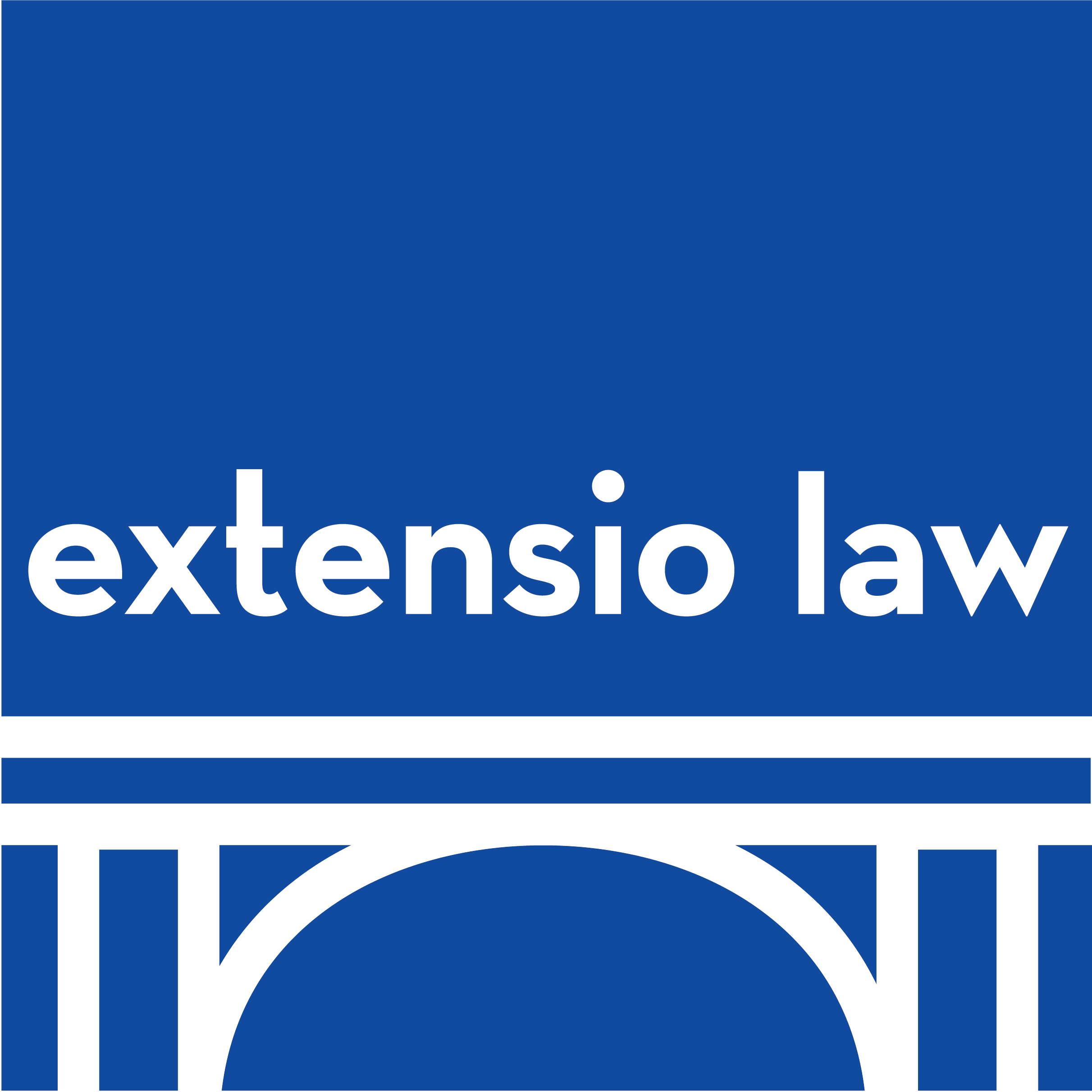Remote I-9 Verification Ending Soon
In early May, the Department of Homeland Security (“DHS”) announced that COVID-19 temporary flexibilities for verification of the Form I-9 will end on July 31, 2023. These flexibilities previously allowed certain employers to be exempt from physical inspection requirements associated with completing the Form I-9. Employers must now physically examine documents for those employees who were hired on or after March 20, 2020, and for whom the employer has, to date, only conducted a remote inspection consistent with the flexibilities first announced in March 2020. Employers will have until August 30, 2023 (30 days after the end date of the flexibilities on July 31, 2023) to complete this work.
As a part of the employment verification process, employers must ensure that all parts of the I-9 form are properly completed and must also complete an in-person physical inspection of identity and employment verification documents. Due to COVID-19 and a subsequent increase in remote employees, DHS enacted a flexibility policy in March of 2020, which allowed certain employers to be exempt from these physical inspection requirements, greenlighting remote inspections. However, these flexibilities are quickly coming to an end. Employers are now expected to physically examine documents for employees who were previously only remotely inspected. For employers with a large number of employees, this can seem like quite the task. As such, we recommend that employers start to create a plan as soon as possible.
In order to complete these requirements, employers may choose to use an “authorized representative” or third-party to fill out their portion of the Form I-9 on their behalf and to complete the in-person inspection. Employers commonly seek licensed individuals like notaries public, attorneys, or certified public accountants to act as an authorized representative, but may also select other parties, such as business partners or insurance agents. During the pandemic, employers expanded upon the definition of “authorized representative” to include what is commonly referred to as “friends and family”—allowing for adult family members or friends of employees to complete their portion of the I-9 form on their behalf. However, employers should carefully consider their use of third-parties. Any liability for failure to satisfactorily complete the I-9 form is imputed to the employer. Defining “authorized representative” broadly may increase risk of liability for I-9 violations. Employers who fail to comply with I-9 verification regulations may be subject to penalties, including fines.
Certain states also regulate the use of “authorized representatives.” For example, in California, the only individuals who can assist clients with completing immigration forms, such as Form I-9, are licensed attorneys, individuals authorized under federal law to provide immigration services, and individuals qualified and bonded as an immigration consultant under California law. As such, notary publics who are not also qualified and bonded immigration consultants may not complete Form I-9 even when acting in a non-notarial capacity. Employers should ensure their compliance with any jurisdictional requirements.
Employers should create a process in which they can “walk-through” the I-9 verification process any designated verification officer, such as an HR manager, or third-party representatives. Some employers have utilized the implementation of handbooks or video conferences, and others have engaged third party payroll service companies to provide nationwide in person verification services.
Contact us if you have questions.




